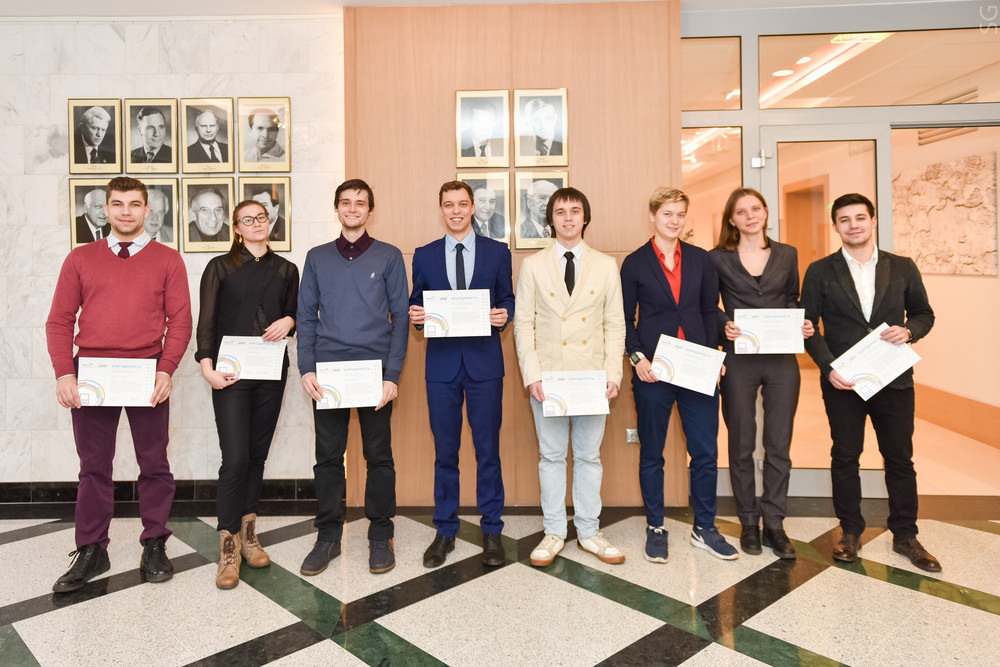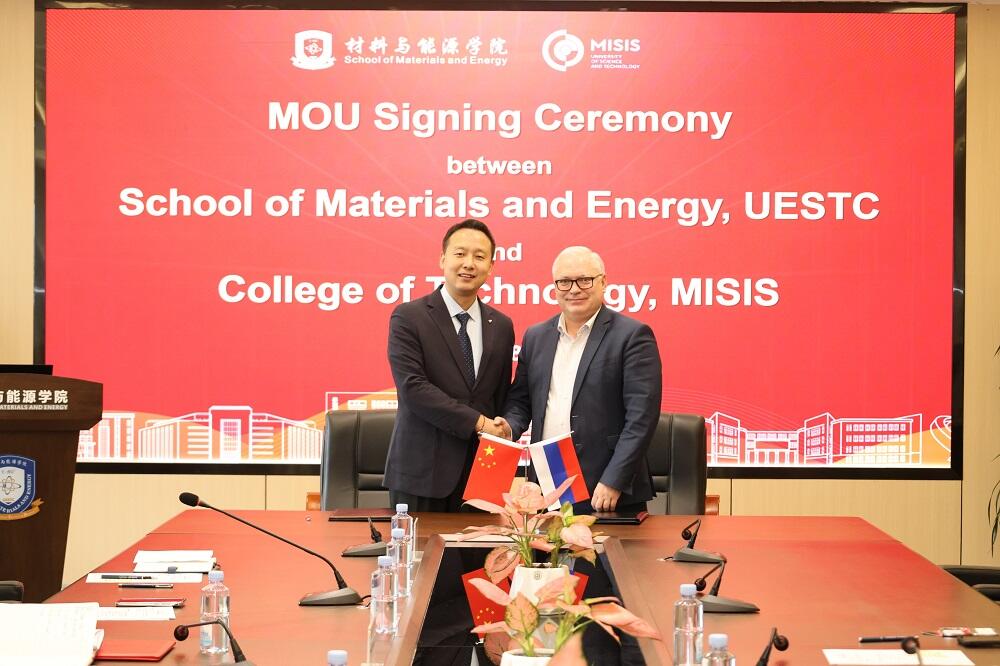A group of 1st year master`s degree students from the NUST MISIS College of Information Business Systems has suggested a solution to the problem of medication intake for those who have bronchiectasis. The suggestion is a special bracelet used to control the use of an inhaler and to monitor the patient`s condition. The prototype was presented as part of the IBM open student hackathon held through the support of Bayer.

Bayer, the hackathon’s sponsor, discussed the problems associated with bronchiectasis therapy to the participants and let them go about crafting a solution. By initially producing an inhaler for patients, the company was faced with low patient motivation to finish treatment. After
NUST MISIS students have developed a technological solution to these problems — delivering a bracelet together with the inhaler. The bracelet is connected with a person’s smart phone through a special app. In this case, the question of motivation is solved in the following way: push-notifications are sent to the patient`s phone when it`s time to take medications, and their family members and doctor will receive a notification telling them whether the patient took the medication or not. When they get the message that the medication has been successfully taken, both children and grandchildren can call to encourage their family member. For the elderly, the younger generations` emotional support is important, and such notifications can spur more regular communication between them.
A navigation function is incorporated in the bracelet to ease the inhalation therapy. It gets activated as soon as the person gets the inhaler. Voice messages prompt the necessary sequence of actions, and you can`t proceed to the next step without completing the previous one. The inhaler and bracelet’s synchronization is done with the help of NFC-tags. This method of information transfer was selected due to the very small size of the tags, which don’t disrupt the already approved design of the inhaler.
Another problem that can be solved with the help of the bracelet is the prevention of an acute crisis occurring once or twice per year. During these periods, there is a large lack of the standard doze in the inhaler, hence why an injection or even hospitalization is necessary. A microcontroller, which measures temperature, pulse, blood pressure, and other health indicators, is embedded in the bracelet. In case the patient`s health takes a sharp downturn, their family and doctor will get a notification on their phones, social media pages, and email. In addition, both in the bracelet and on the app, there is an emergency call button linked to the patient`s address. Despite the application, a web interface has also been developed to make it easier for doctors to monitor all their patients` health states.
“The Hackathon itself is a very specific type of competition, and success in it is achieved due to many factors. However, a good engineering background is a basic skill. NUST MISIS’s team has demonstrated the unity and ability to learn quickly in unfamiliar project environments. Denis Ilyin, the team leader, has demonstrated fantastic leadership qualities, and he coordinated his team well while solving complex tasks. The judges evaluated the simplicity and efficiency of their solutions, as well as their social significance”, said Alexander Sorokin, IBM’s Manager of University Projects in Russia and CIS.
The app was developed together with doctors and consultants from Bayer, the international pharmaceutical company. Bayer allowed its researchers to develop not only relevant but also viable solutions to this case. After this project’s implementation, the medication will not become significantly more expensive because all the components are inexpensive and already exist in the market. The components only need to be accurately combined and NUST MISIS’s scientists have managed to do just that.
NUST MISIS team was awarded the 1st place on the IBM hackathon for the presented development.
Team members: Denis Ilyin, Karina Sychova, Viktoria Chalaya, Egor Smolyakov, Roman Anikonov, Mikhail Uzun, Vera Azarkina, Sergey Dryga.

